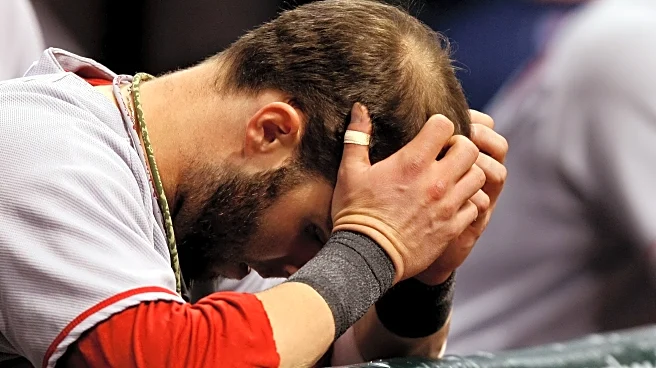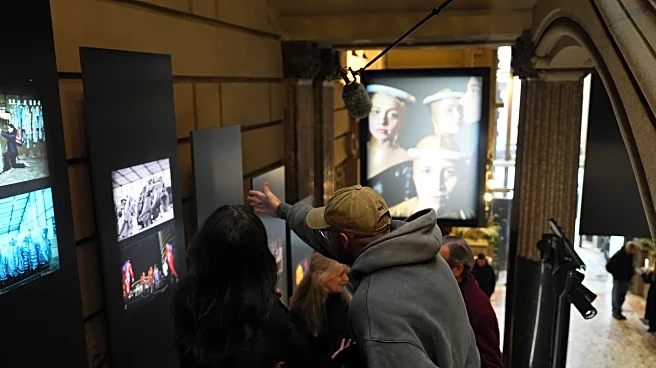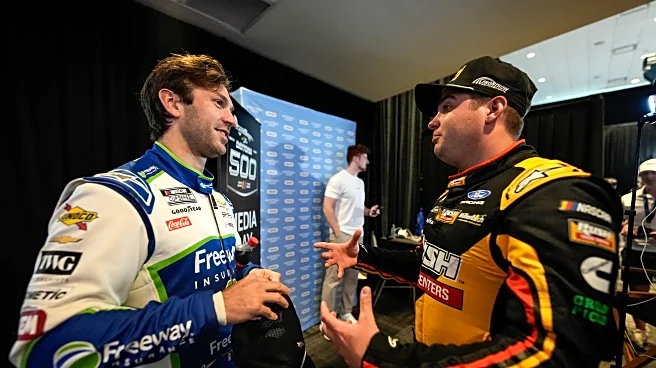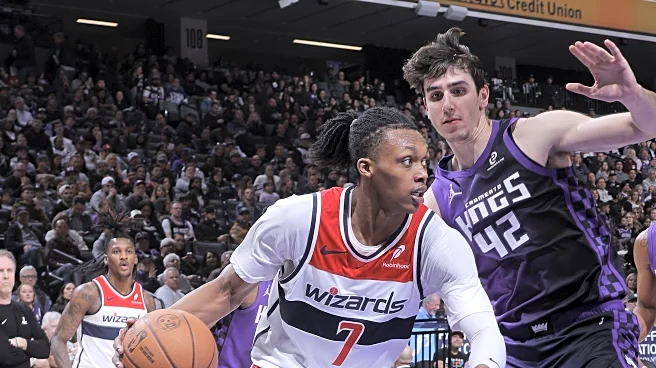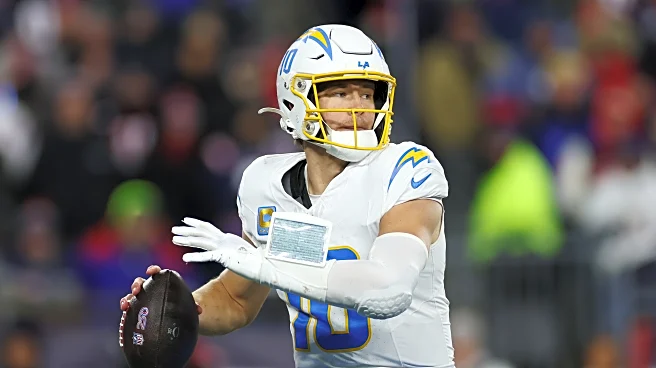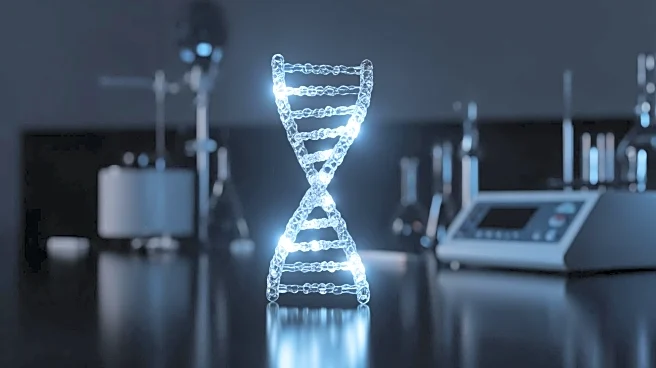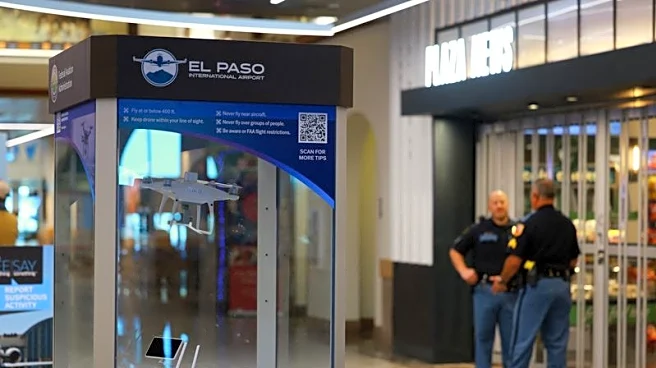You’re probably familiar with this story, but just in case it’s foreign, let’s review:
About two decades ago, the Red Sox found themselves in a seemingly impossible position during the mid stages of what
turned out to be a classic ALCS. To put it bluntly, they needed a comeback never before seen in the long history of the sport to keep their season alive. But against all odds, they made magic happen at Fenway Park and forced a Game 6 on the road. They then won that Game 6 by a score of 4-2, which included a home run from the guy batting out of the No. 9 spot. Then, the following night they got a home run to take the lead in the top of the first inning of Game 7, and well, you know the rest from there.
Except, maybe you don’t, because the paragraph above doesn’t just describe the 2004 ALCS; it also tells the story of the 2008 ALCS down every last detail. The Red Sox were about to do it again, and then all at once, they just didn’t. The difference of course was that unlike the Yankees, who folded in the face of this pressure like a collapsing empire, the upstart Rays managed to thwart the surging Sox and prevent not only one of the most impressive comebacks in baseball history, but also the potential birth of a dynasty.
To fully put in context what was lost in that Game 7 defeat, we first have to go back to Game 5 when the Red Sox trailed 3-1 in the series, and then found themselves down 7-0 in the seventh inning of that game. What came next is probably the greatest memory-holed comeback in franchise history. The Sox scored four in the seventh, three in the eighth, and one in the ninth to complete what could have, and frankly should have been one of the greatest games in franchise history.
Check out the full highlights here:
The Red Sox were down so far in this game, their series win expectancy was actually well below what it ever reached in the 2004 ALCS. For more detail, we can look at the win probability graph for the series on Baseball Reference, and there’s actually a point where the Red Sox win probability rounds to ZERO PERCENT in the top of the seventh inning (from 0.3 percent).

Compare this to the 2004 ALCS where the series win probability (based purely on mathematics) bottomed out at around two percent:

Now I’m not here to tell you the 2008 ALCS comeback would have been better than the 2004 ALCS comeback. Anybody with a brain who watched baseball during that era knows the Yankees were the devil who always managed to come out one step ahead. So in order to slay that dragon, the Red Sox had to beat both the Yankees and all the history that came with them, and that’s so easy to underestimate all these years later.
However, I am here to say the 2008 Red Sox missed an opportunity to post a comeback that was much closer to something historic than people realize, and probably should agonize over. If you’re looking for something else to compare it to, it actually lines up pretty close to the Patriots comeback vs. the Falcons in the Super Bowl, which bottomed out with a with a New England win probability of 0.4% against a franchise that lacks any sort of storied history. Sound familiar?
But it goes even deeper. When the Red Sox took the field for Game 7 in the 2008 ALCS, they were gunning for their tenth straight win when facing elimination in the ALCS (having already completed comebacks from down 3-0 to the Yankees in 2004 and 3-1 to Cleveland in 2007). This was going to be the final jewel in that crown. Their coronation day for officially becoming the most impossible team to kill we’ve ever seen. And then, against that backdrop, they would face the Phillies going for their third title in five years.
But instead, they wouldn’t win another playoff game for the next five years.

The loss also wrecked what could have been a perfect topping to Dustin Pedroia’s MVP season. He posted a 1.200 OPS in this series including that first inning home run in Game 7, which in the moment felt like the beginning of a knockout punch. In fact, one of the biggest reason the Sox didn’t win this series is because the guy batting behind him hit just .154 with a .697 OPS, but since his name is David Ortiz, it doesn’t fit the narrative that goes with the rest of his postseason career, which is probably another reason many fans have memory-holed this series.
But it really can’t be overstated how much things change if that Game 7 goes the other way, because it’s not just the Red Sox stalled ascent that matters here — this story is also about the Rays. There’s no way to definitely prove this, but if the Rays lose that series, I think there’s so much less buy-in to all of their philosophies across the organization from top to bottom going forward. I’m talking from the players to the coaches to the front office staff. Yes, they won the division that year, and yes, they would have been somewhat competitive going forward, but if they had followed that regular season up with a catastrophic collapse in October, that would have hijacked their momentum and consumed the franchise like a virus taking down a host.
You have to remember that before 2008, the Rays NEVER had a season where they lost fewer than 90 games. They were a total laughing stock, and they would have been viewed as an even bigger laughing stock if they blew that series, much the same way the Atlanta Falcons are viewed as a laughing stock now. But instead, the Rays doing what the 2004 Yankees couldn’t do in Game 7 legitimized everything the club did that year. Regardless of whether you believed in their brand of baseball or not, they now had a seat at the adult table, and since that series, they’ve actually gone on to make the playoffs more times than the Red Sox.
Now again, I could be wrong, but I just don’t think their methods get the same level of buy-in if this goes the other way. In a world where the Red Sox win the pennant in 2008, the 2011 collapse to the Rays doesn’t happen in the same manner, the people who left after that season don’t see the same ending, and perhaps the Red Sox don’t eventually become the “Rays of the north” with ownership getting tired of seeing Tampa achieve similar regular season success year after year despite working with a fraction of the payroll.
In that sense, it’s kind of fitting this Game 7 loss kicked off a stretch of seasons in which every year got worse for the Red Sox. They went from winning the World Series in 2007, to falling one game short of making it here in 2008, to getting bounced in the LDS round in 2009, to coming up just short of the postseason in 2010 with an injured roster, to a horrific collapse to miss the playoff in 2011, to the Bobby Valentine fiasco in 2012.
Maybe this loss didn’t hurt as much in the moment because it was only four years removed from the entire fanbase being so relieved they just got one title after ending an 86 year drought? Or perhaps it was because being in the ALCS every year just seemed like the new normal? (Surely there would be other chances soon.) Or maybe, you were among the people who thought it was nice that baseball would have a chance to succeed in Florida. But however you felt at the time of this series loss, it’s almost impossible to not feel worse about now with hindsight.
Unlike the 2003 ALCS Game 7 loss, which stung with the force of a thousand killer bees in the moment before softening over time, this one seemed more palatable in the moment, but has since developed a bitter aftertaste. It’s crazy to think about, but the Aaron Boone home run has been largely folded into the 2004 championship storyline as a preceding chapter, and Boone’s boneheaded managerial moves continues to pay dividends to this day.
Meanwhile, the residue of the 2008 ALCS still lingers. As much as beating the Yankees in 2004 wiped out the Red Sox past, this series proved to be an opening salvo for their roller coaster future.

And then there’s the game itself. The Red Sox were completely shut down by Matt Garza — A guy who wasn’t good in the LDS before this series, and wasn’t good in the World Series after it. While a solid pitcher over his 12-year stint in the majors, he was especially good on this night, going 118 pitches deep and allowing just one run over seven innings of work. In fact, after that Dustin Pedroia’s first inning home run, the Sox didn’t record another hit until the seventh inning.
So by itself, that’s haunting. But what came next might be even worse. First, the Rays used five different pitchers to get through the eighth inning, and it worked. (Their brand of baseball was taking over even if we didn’t realize it in the moment.) The Red Sox had first and second nobody out with the heart of the order coming up, and they still couldn’t plate anything. Pedroia missed a very hittable pitch up in the zone on a 1-1 offering, Ortiz grounded out, Coco Crisp could have been safe on that play if he went for the bag instead of trying to take out the fielder on the slide, and then David Price came in to complete the inning (and eventually the game and the series).
For a guy who ended up struggling in postseason play for so much of his career, he was able to stand up to the heat as a rookie in this moment. And that’s kind of another unfortunate wrinkle of this game. All these years later, it’s possible David Price did as much to cost the Red Sox a World Series as he did to help win them one (he was legitimately great in the 2018 run for the Sox).
But regardless of those details, this series is what birthed the modern day Rays and the franchise we know today. And worse yet, it also slammed the door shut on Boston’s quest to become something grander. It truly was the end of one era, and the beginning of another. Despite winning two more titles since this loss, the Sox have never been able to recapture that same level of consistent success year-in and year-out that defined the mid 2000s and ended on this night in 2008.
Until we see the Sox reestablish a run of sustained success for a solid handful of years, the residue of this loss will continue to haunt the franchise in its own weird way. Perhaps they break free and are at the beginning a new run of relevance with this young core right now. But in order to keep it going, they need to get this offseason right, and part of that, oddly enough, is going to require not acting too much like the Rays.
